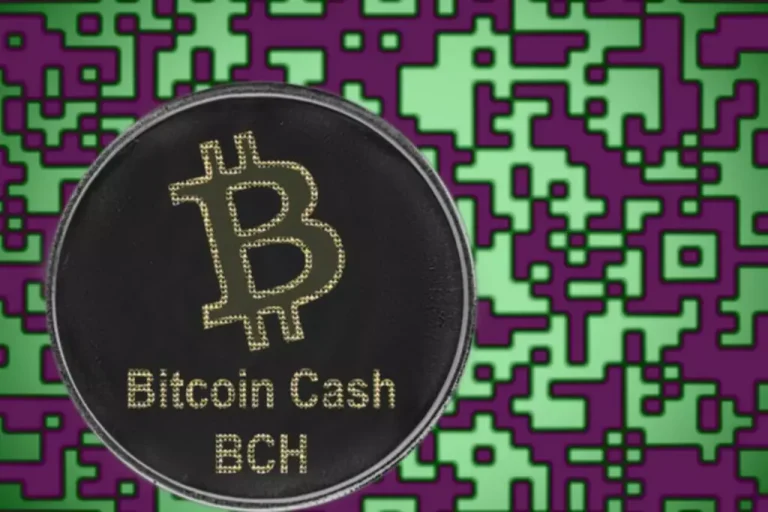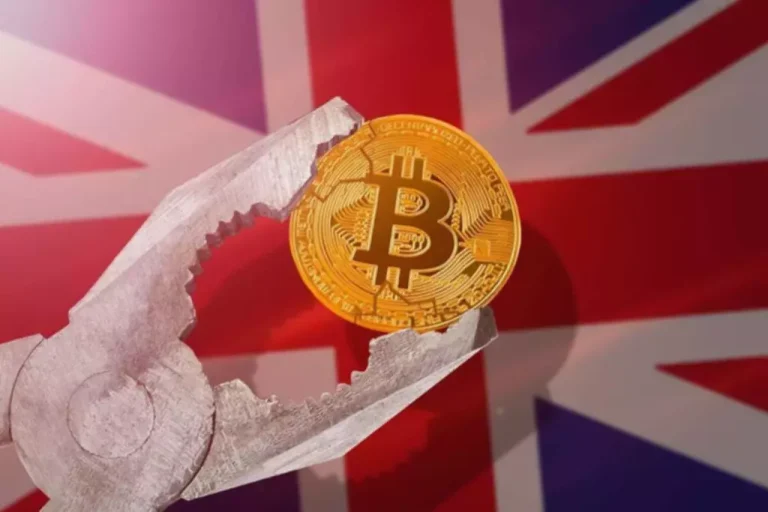This happens what is otc trading because there isn’t a presence of centralised platforms the place market participants can entry information relating to trades, volumes, and prices. The underlying asset, on this case, is a traditional rate of interest. Swaps are an example of rate of interest OTC spinoff buying and selling as a outcome of they involve an exchange of money flows over a time frame. When listed options do not fulfil their wants, investors flip to OTC options. Many buyers are drawn to those options due to their versatility.
Differences Between Exchange Traded Derivatives And Otc Derivatives
- Those who do might also keep away from investing in them, given their danger profile.
- If the company is cooking its books to inflate its profits, you might be caught in a bad deal if you invest in its inventory.
- In distinction to the total transparency of the stock exchanges, where costs are displayed for all to see, OTC is a purchaser and seller secretly negotiating a price.
- When the market reopens, any trades you may have placed will be carried out in a queue.
- OTC Markets Group, the most important electronic marketplace for OTC securities, teams securities by tier primarily based on the standard and quantity of knowledge the companies report.
The exchange stocks often have a considerably lower trading volume and bigger spreads between the bid and ask prices. Therefore, OTC shares are subject to extra volatility.Besides, the publicly obtainable data concerning the financials of the associated firm can additionally be quite less. Unlike the structured setting of inventory exchanges, OTC trades occur by way of electronic networks overseen by broker-dealers. These broker-dealers act as market makers, quoting bid and ask prices for securities they maintain in their own inventories.
Forms Of Otc Futures And Options – Fast Summary
Compared to inventory exchanges, OTC markets are topic to less regulatory scrutiny and transparency. Stock exchanges are centralised and subject to strict laws and reporting necessities but OTC markets offer direct commerce between consumers and sellers. These articles have been prepared by 5paisa and is not for any kind of circulation. Any replica, review, retransmission, or another use is prohibited. 5paisa shall not be responsible for any unauthorized circulation, copy or distribution of this materials or contents thereof to any unintended recipient.
Famous Instance Of Default Dangers Related To Otc Choices
The buying and selling of foreign money derivatives is just like the buying and selling of shares and futures options. Currency pairings similar to USD/INR or EUR/INR serve as the underlying assets. Using Over-the-Counter (OTC) options can be flexible however comes with dangers like counterparty and market uncertainties. It’s crucial to carefully perceive contracts and keep up to date on market modifications.
What Are The Most Important Otc Markets?

In contrast to exchange-traded derivatives, that are standardised and controlled, OTC derivatives are more versatile and customised to fulfill the specific wants of the members. In OTC options, there is no exchange or clearinghouse involved between the buyer and seller, and so they are free to set strike prices and expirations primarily based on mutually agreed terms. When options are traded via exchanges, there may be sure limitations or laws on how the strike value is calculated. Options that are traded between personal events within the over-the-counter market and not through exchanges are called over-the-counter choices. While trade traded options are executed and settled via clearinghouses, there isn’t a such mechanism for over-the-counter option trades. OTC stocks cannot be bought using conventional online Demat accounts since they do not seem to be traded on conventional inventory exchanges.
Extra About Inventory / Share Market
That allows the events to suit their contracts with their necessities after accessing the risk factors. Companies that can’t list themselves on formal inventory exchanges promote their stocks through the counter platform. That permits them to gauge market and counterparty risks and proceed with warning. The Over-the-Counter (OTC) inventory market is a decentralized trading platform the place securities are purchased and offered directly between events, with out the need for a central change. It provides entry to a diverse array of securities, including stocks, bonds, and overseas firm shares, making it a beautiful choice for companies that don’t meet the requirements of major stock exchanges. However, the OTC market is not without its risks, as it can lack the transparency and regulatory oversight discovered on formal exchanges.
The primary appeal right here is the accessibility to a broader array of merchandise and markets. OTC derivatives present devices that might not be available on exchanges, offering opportunities in various fields like foreign forex exchange, interest rates, and credit danger. This access helps buyers and corporations to hedge more precisely against potential losses. OTC derivatives are non-public contracts between counterparties negotiated without stock exchanges. It allows for increased flexibility, as the terms are negotiated and tailored to suit the requirements of the 2 parties.
What Is The Distinction Between Otc And Spot Market?
Dealers present the prices for purchasing and promoting of derivatives to the shoppers, which are agreed upon by the customers. OTC (Over-the-Counter) and Exchange refer to 2 completely different strategies of buying and promoting securities. OTC refers to a transaction performed instantly between two parties, without the supervision of an trade.
Even though it sounds dangerous, some buyers get to see the potential upside. And they could find yourself getting first dibs on the in any other case hidden gems. Though they provide more flexibility and customization to the contracts, OTC derivatives are riskier than listed securities traded through formal inventory exchanges. However, OTC markets are significant in ensuring entry to and circulate of capital among the smaller players. Over the counter, stocks are stocks that are not traded on the inventory exchanges as a outcome of they don’t meet the stringent necessities laid down for listing by the exchanges.

The vendor would possibly offer the inventory to 1 purchaser for one price and to a different purchaser for one more. Unlike the extremely regulated inventory exchanges, the OTC market lacks transparency. This can end result in a shortage of reliable details about the traded corporations, making investment decisions tougher and riskier.
Brokers and market makers who participate in OTC options markets, on the other hand, are usually regulated by a government agency. Please read all scheme related documents rigorously earlier than investing. Companies listed on the OTCQB and OTCQX tiers tend to offer more transparency and cling to larger reporting standards in comparison with lower-tier OTC markets just like the Pink Sheets.
Read more about https://www.xcritical.in/ here.
